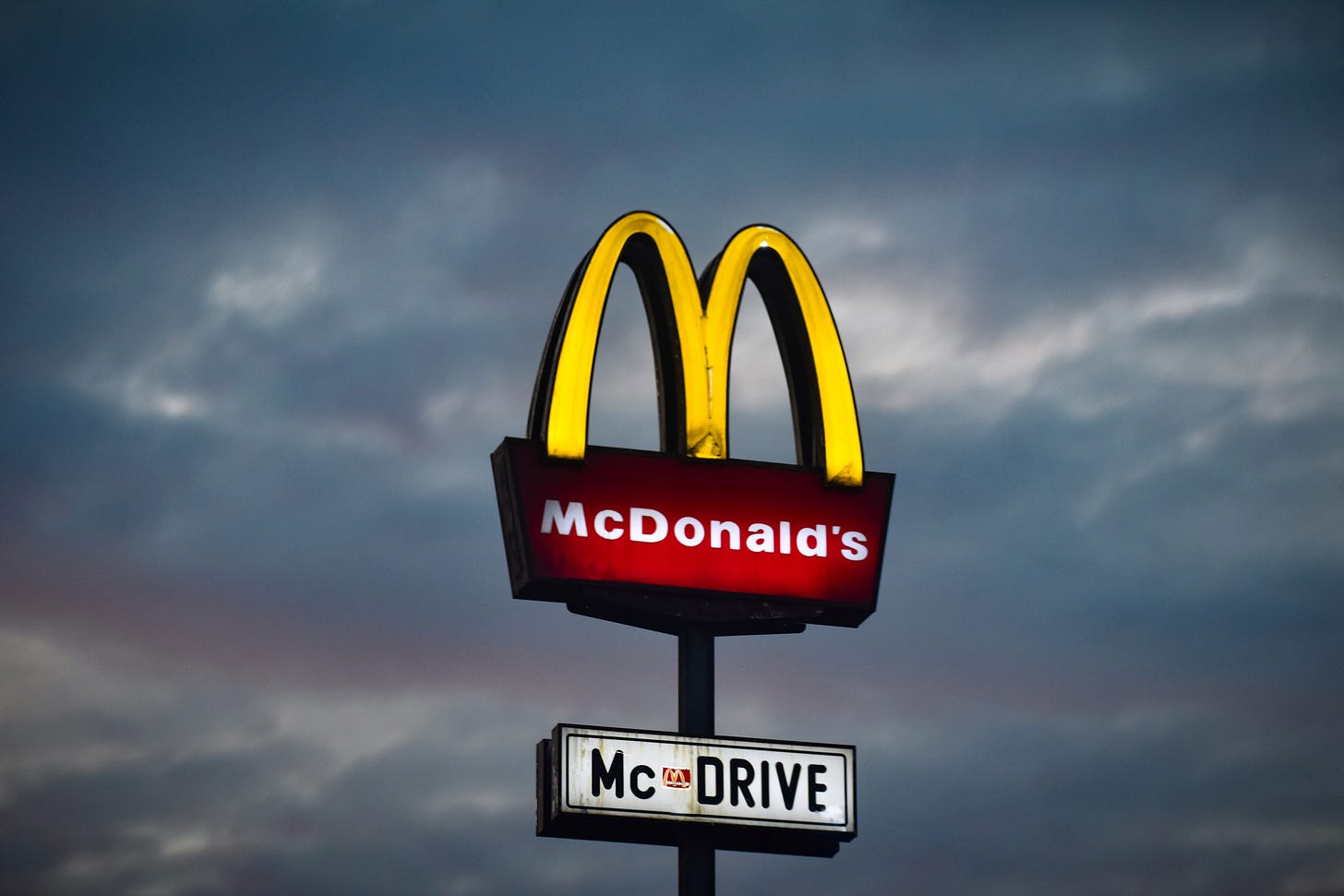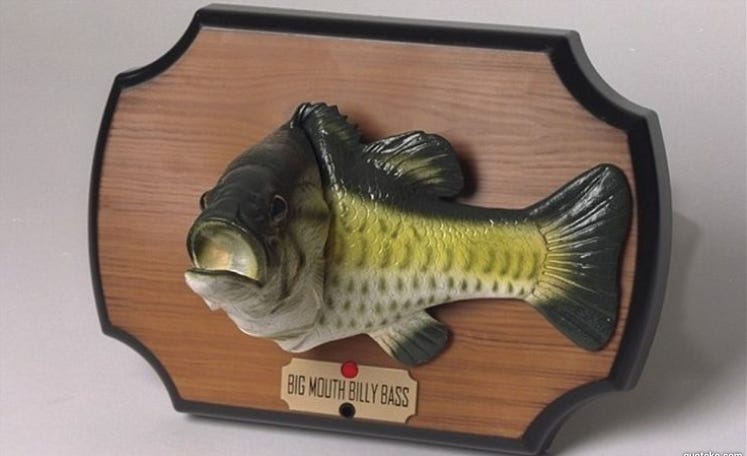Understanding The Market
The first smartphone camera, McDonald's, and Billy the Big Mouth Bass

15 or so years ago, someone put a small camera on a clamshell cell phone and sold it. At the time, I remember saying “this is so dumb. This camera isn’t even good. What value does this bring? It does nothing but take crummy photos.”
Years later, I constantly use the amazing camera on my iPhone.
Similarly, if you had told me, 15 years ago, that you had an idea for a cool photo app that didn’t really do anything other than allow people to add photo filters to pictures of their lunch—I would have said “that’s a dumb idea. Facebook already has photos.”
And I would have been wrong because Facebook acquired Instagram only a few years ago for literally a billion dollars.
You Don’t Know Until You Know
There’s just no way to know what the “market” will say or do until it’s already interacting with your product/idea/service/work. Sometimes you can guess what human behavior will be, but the truth is that you never know how people will react or what they will find valuable.
The Flowbee. The Pet Rock. Billy the Big Mouth Bass.
To any of these ideas alone, I would have said “Please don’t do this. The world doesn’t need this.”
The classic (and, honestly, overused) example is the McDonald’s milkshake. Years ago, McDonald’s hired some consultants to figure out how to make milkshake sales go up. The consultants found out that most milkshake sales were occurring in the morning. It turned out that customers were looking for something they could eat in their cars on the way to work. This led to McDonald’s developing some new and easy-to-eat breakfast products that people perceived as being healthier for breakfast.
The point is that no one would have expected customers to use the milkshake to solve their breakfast problem. Yet, here we are.
Early Adopters and True Believers
Early adopters and believers are critical for new advancements to mature into something useful. Early adopters spent $10k on plasma TVs, which helped the industry figure out how to create UHD LED TVs that are currently twice the size and 1% of the cost.
Early adopters and true believers are the tinder that creates enough heat to actually start a fire. The trouble is that you might not know who they are or where they are.
So, what can we learn from McDonald’s and Billy the Big Mouth Bass?
You never really know how your work will be seen or used by others. Your job isn’t to try to predict exactly what the market will do. Your job is to be a scientist of your work by developing a hypothesis, testing in the market, collecting data, and redeveloping your hypothesis.
The more we see our work as a science, the more likely we are to give it the attention and intention it needs to grow into something bigger than ourselves. Who knows? Maybe one day it’ll turn into an art.

